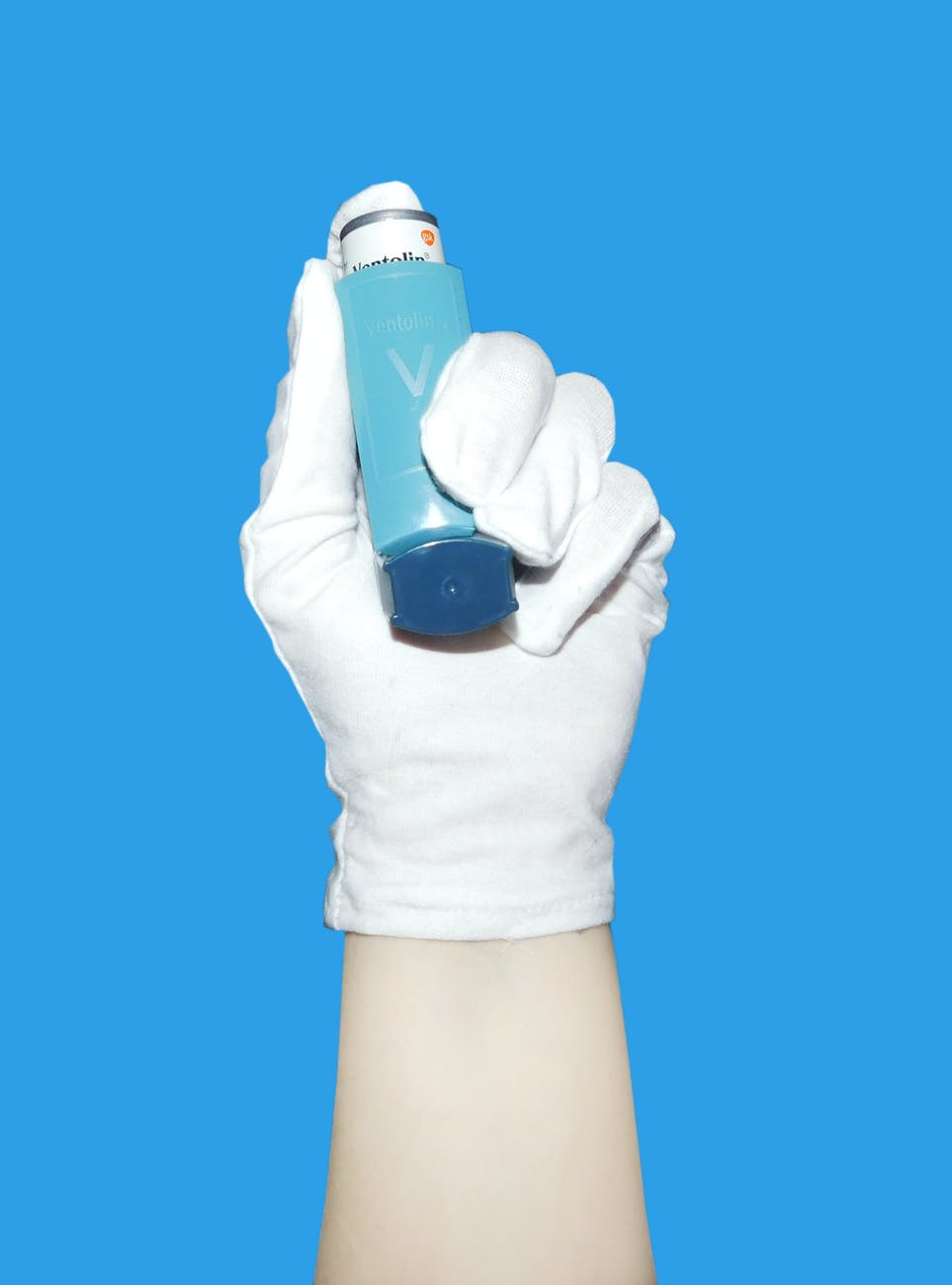![]()
The symptoms of asthma in babies are a little different than the symptoms of asthma in children and adults, as they often don’t have many triggers. It can be difficult to actually diagnose asthma if your baby is young or was born prematurely. They might also not have any triggers or only one trigger, meaning that they can be difficult to diagnose as well.
Asthma symptoms in babies
If a baby has been experiencing difficulty breathing, persistent coughing, or wheezing and the symptoms have not improved with time, it could be a sign of asthma. The first time symptoms are noticed, contact your doctor immediately.
If a baby has been experiencing difficulty breathing, persistent coughing, or wheezing and the symptoms have not improved with time, it could be a sign of asthma. The first time symptoms are noticed, contact your doctor immediately.
Thrush is a yeast infection that manifests on the mouth, lips, nose and genitals. It occurs when Candida albicans proliferates in moist environments, such as the vagina during pregnancy. The overgrowth of Candida can also occur from the use of antibiotics and steroids. Signs and symptoms of thrush include soreness or redness of the mouth and tongue, a thick white coating on the tongue or inner cheeks, and possible bleeding during birth.
Asthma symptoms in infants
Asthma can be a difficult condition to diagnose in babies and infants. One of the most common symptoms is wheezing which is often confused with labored breathing or fast breathing. Wheezing is the sound that occurs when air tries to go through narrowed airways in the lungs. Other common symptoms are pauses in breathing or periods where the baby breathes rapidly while not making much noise (compared to what they would be if they were having fun).
When to see a doctor about asthma?
If your child has symptoms of asthma, it is important to see a doctor as soon as possible. A doctor can best diagnose the illness and recommend the best treatment for your child. If your child has a fever, chest tightness, shortness of breath, or trouble sleeping at night, these could be signs that they have asthma. Make sure to ask your pediatrician if you are not sure.
Treatments for asthma
Asthma can be a complicated condition that is caused by a number of different factors. Sometimes, the asthma symptoms in babies and infants may not show up until later on in life – for example, when kids start to play sports or are exposed to certain allergens. There are treatments for asthma, but it is important to monitor your child’s symptoms so you can make sure they are taken care of. You should also keep them from being exposed to any triggers. Asthma can be a complicated condition that is caused by a number of different factors. Sometimes, the asthma symptoms in babies and infants may not show up until later on in life – for example, when kids start to play sports or are exposed to certain allergens. There are treatments for asthma, but it is important to monitor your child’s symptoms so you can make sure they are taken care of. You should also keep them from being exposed to any triggers. The treatment of pneumonia in children is different than the treatment in adults.
The best way to treat pneumonia is to prevent it from spreading further, but there are treatments that can help your child feel better. You should always call a doctor if you think your child has been exposed to the pneumonia virus, or is showing symptoms of it. If your child does get diagnosed with pneumonia, there are some things you can do to make them more comfortable and prevent the condition from getting worse. The treatment of pneumonia in children is different than the treatment in adults. The best way to treat pneumonia is to prevent it from spreading further, but there are treatments that can help your child feel better. You should always call a doctor if you think your child has been exposed to the pneumonia virus, or is showing symptoms of it. If your child does get diagnosed with pneumonia, there are some things you can do to make them more comfortable and prevent the condition from getting worse.
The most common form of treatment for children with pneumonia are antibiotics. These medications are used to fight off the bacteria in your child’s body that infects the lungs. This is the most common type of treatment for pneumonia, but there are other forms of treatment as well. Your doctor may also prescribe cough medicine or antibiotics, depending on how serious their condition is and what they were exposed to. These medicines can help to prevent infection and keep them comfortable. There are many things you can do at home to make sure your child feels better while fighting off pneumonia.
